This is also the method that BeChamp Dak Nong Organic Agricultural Cooperative, Truong Xuan commune is applying. It is green farming, associated with environmental protection, limiting pesticides, saving input costs in plant care.
Save costs, increase product value
Currently, pepper products of Bechamp Dak Nong Organic Agricultural Cooperative have achieved organic certification. These areas are being intercropped with coffee trees, the Cooperative is perfecting production processes to move towards organic recognition for coffee products.
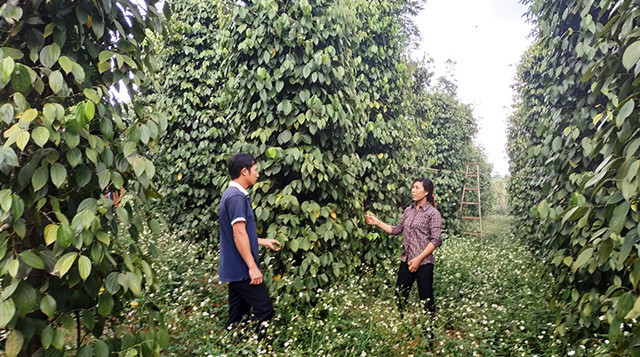 |
| Organic production helps save costs and increase product value (Photo: Int) |
In recent years, members of the Bechamp Dak Nong Organic Agricultural Cooperative have applied the technique of composting fertilizers and biological pesticides to care for crops. This method not only saves investment costs but also increases the value of the products.
According to Director Le Dinh Hung, the cooperative always seeks solutions to reduce input costs, increase crop productivity and bring the best products to consumers.
Currently, members of the cooperative compost their own fertilizers and biological pesticides for crops, which can save 10-30 million VND/ha compared to chemical fertilizers.
The cooperative is always willing to share organic farming techniques for free with farmers, hoping that farmers will change their farming mindset and thereby join the cooperative.
Specifically, the cooperative gathers farmers with the same goal of producing clean agricultural products. Members with a lot of experience in producing fertilizers and biological products will become “lecturers” who share techniques for free with others.
Mr. Nguyen Van Thuy, a member of the cooperative, has attended many training courses on composting techniques and pesticides from agricultural waste. His family has 3 hectares of coffee and pepper, which are completely cared for with self-composted fertilizers and biological pesticides. With 2,000 coffee trees, last year, he harvested 8.5 tons of coffee beans; 700 pepper trees also yield an average of about 3 tons of beans per year.
From his production efficiency, recently, Mr. Thuy has spent a lot of time instructing farmers to make their own fertilizers and biological pesticides to take care of their crops.
Farmers are easy to understand, easy to do, and very excited about the cooperative's way of sharing techniques that combine theory and practice in the garden.
A typical example is Mr. Lanh Van Nhung, in village 5, Truong Xuan commune. He said he has been farming for more than 40 years, but has never made his own fertilizer. Recently, the cooperative shared with him techniques for making his own fertilizer and biological products.
Thanks to the guidance of the cooperative, Mr. Nhung understands better how to do organic farming, especially being able to compost fertilizers and biological pesticides to reduce investment costs and increase crop productivity.
"With the knowledge I have acquired, I will apply it to take care of 4 hectares of pepper, macadamia, and avocado. I will promote it for everyone to follow," Mr. Nhung shared.
Meanwhile, Ms. Nguyen Thi Oanh, village 8, Truong Xuan commune said that she was very excited to know that the ingredients to make fertilizers and biological pesticides are easy to find because they are available in farmers' gardens, such as: papaya, avocado, banana, molasses, rice bran, shrimp, crab, fish, garlic, ginger...
In addition, she uses yogurt, agricultural waste such as coffee husks, peppercorns, grass, etc. to compost as bio-fertilizer.
Together in the new direction
Currently, the demand for clean, organic food and agricultural products is being paid attention to and chosen by consumers. Therefore, investing in safe agricultural production models is the direction chosen by many farmers and cooperative members in Dak Nong.
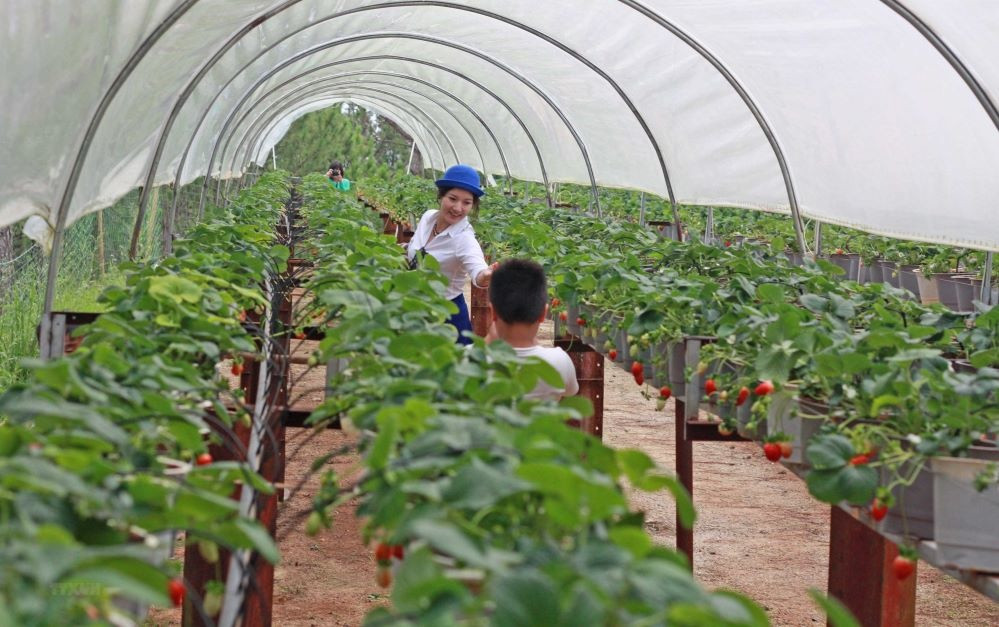 |
| Investing in safe agricultural production models is the direction chosen by many farmers and cooperative members in Dak Nong (Photo: TL) |
A typical example is the fruit farm of SangS Farm Cooperative, Quang Son commune (Dak Glong) with an area of 80 hectares, which is being cultivated organically.
According to Mr. Ngo Xuan Hieu, representative of the cooperative, growing fruit trees in an organic direction is a necessary condition to improve product quality, protect the health of growers as well as consumers. Plants grow healthily, have few pests and diseases, and have high productivity. For example, the cooperative currently has 10 hectares of grapefruit grown according to VietGAP standards, with an average annual output of nearly 200 tons.
“For convenience in care, the farm has installed an automatic irrigation system, using organic fertilizers and biological drugs. This creates a favorable environment for beneficial insects to live, regulating the ecological balance in the garden. The types of grass that grow are retained. When necessary, only manual measures are used to trim, no herbicides are used,” Mr. Hieu informed.
According to statistics, Dak Nong province currently has nearly 170 establishments applying good agricultural practices (GAP) and other standards in agricultural production, with a total certified area of over 25,333 hectares. Of which, about 2,071.59 hectares apply VietGAP standards; 464.5 hectares apply GlobalGAP and organic standards; over 22,797 hectares apply other standards such as 4C, UTZ, Rainforest Alliance, Flo...
A representative of Dak Nong's agricultural sector said that the province is implementing many solutions to raise farmers' awareness and responsibility in production associated with environmental protection, thereby moving towards a safe and sustainable agriculture, while still ensuring increased product value.
Therefore, the agricultural sector regularly organizes training courses to transfer environmental protection production techniques to farmers, cooperative members and cooperative groups.
In particular, in order to overcome the unreasonable abuse of fertilizers and pesticides, recently, the agricultural sector has actively promoted and guided the conversion of production methods from traditional to clean and safe production processes.
Specifically, the agricultural sector is focusing resources from businesses, collaborating with farmers to implement models and projects for waste and pesticide treatment. Farmers are encouraged to use advanced organic inputs to minimize the risk of environmental pollution.
In particular, strengthening guidance for farmers to use the right pesticides according to the permitted list and to properly handle packaging according to the correct procedures.
In addition, the agricultural sector is coordinating to promote the application of science and technology in production. To implement this, the sector focuses on building mechanisms and policies to support farmers in handling pesticide and fertilizer packaging in the fields...
Source


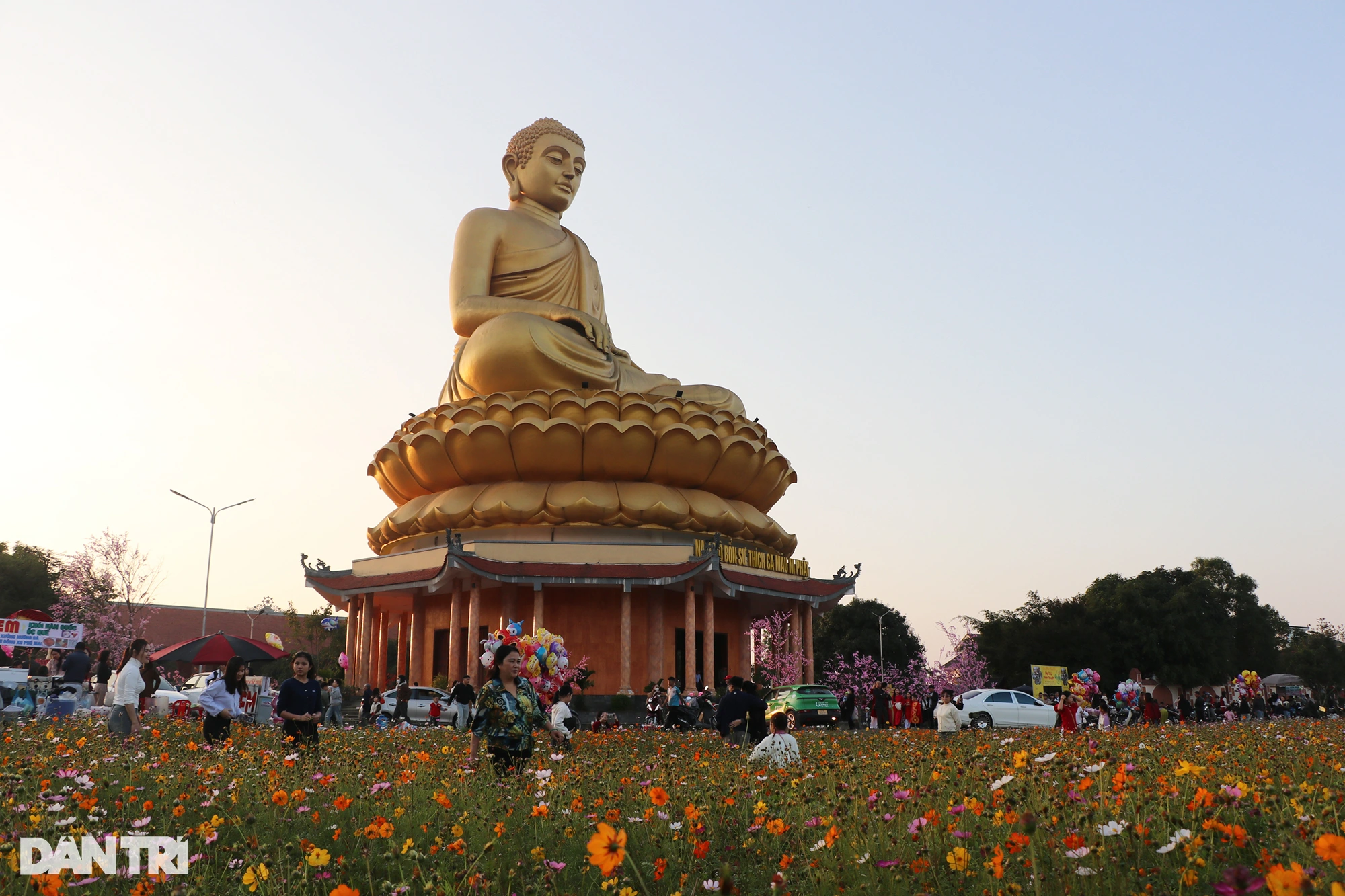



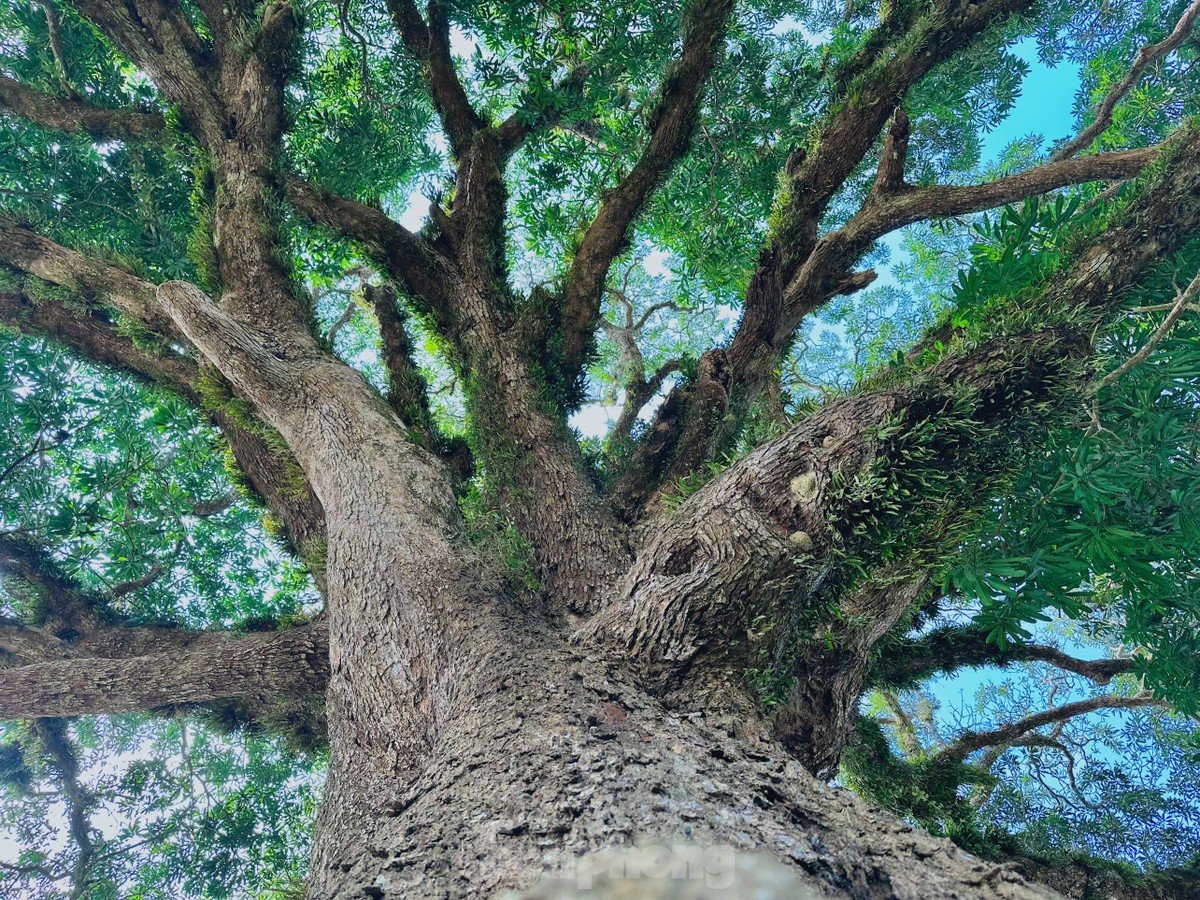















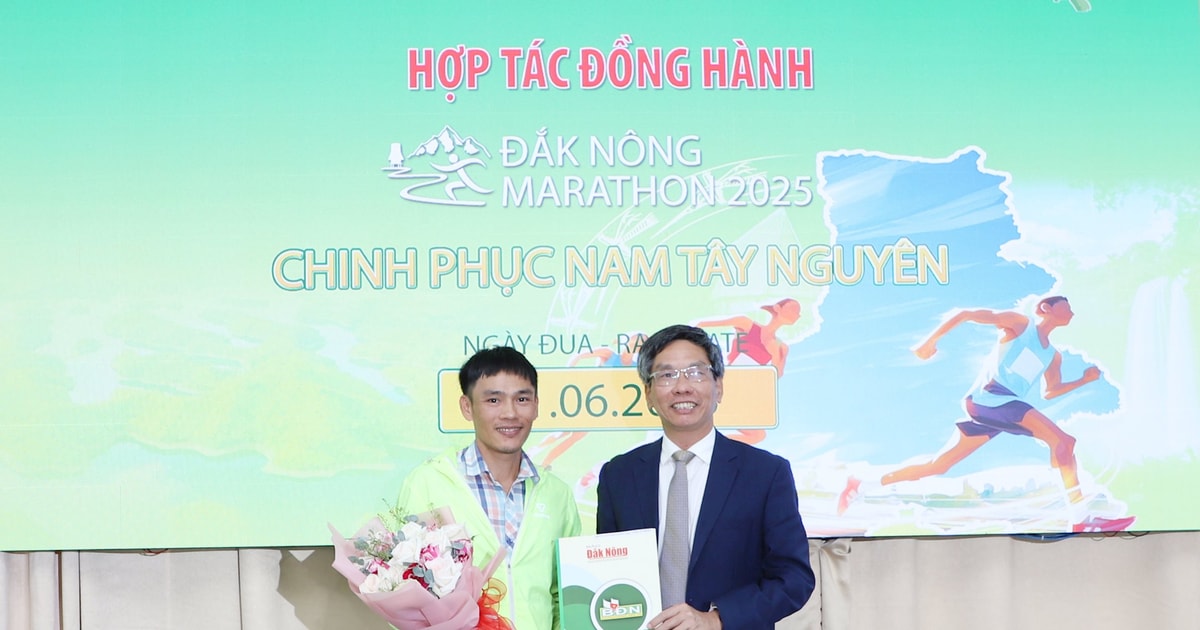
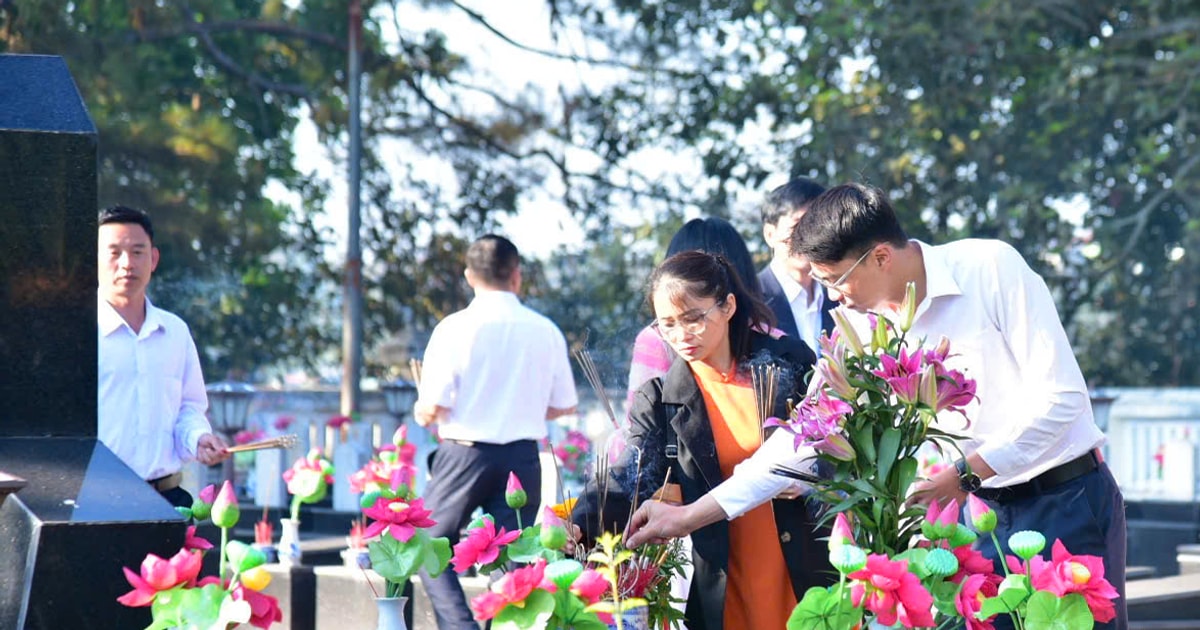
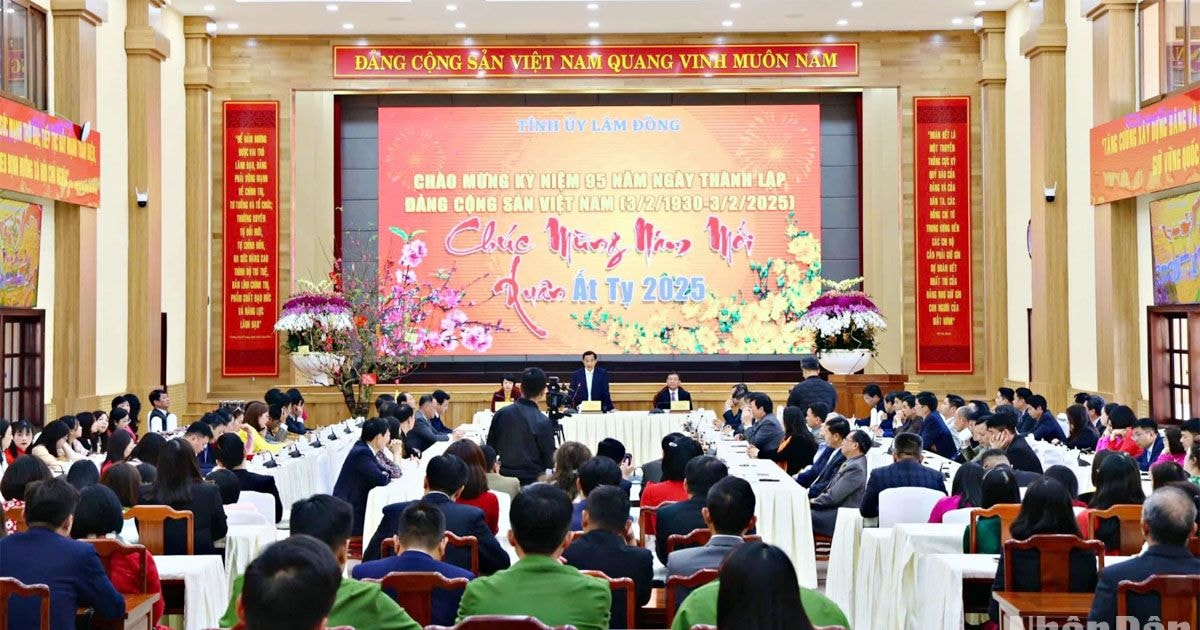

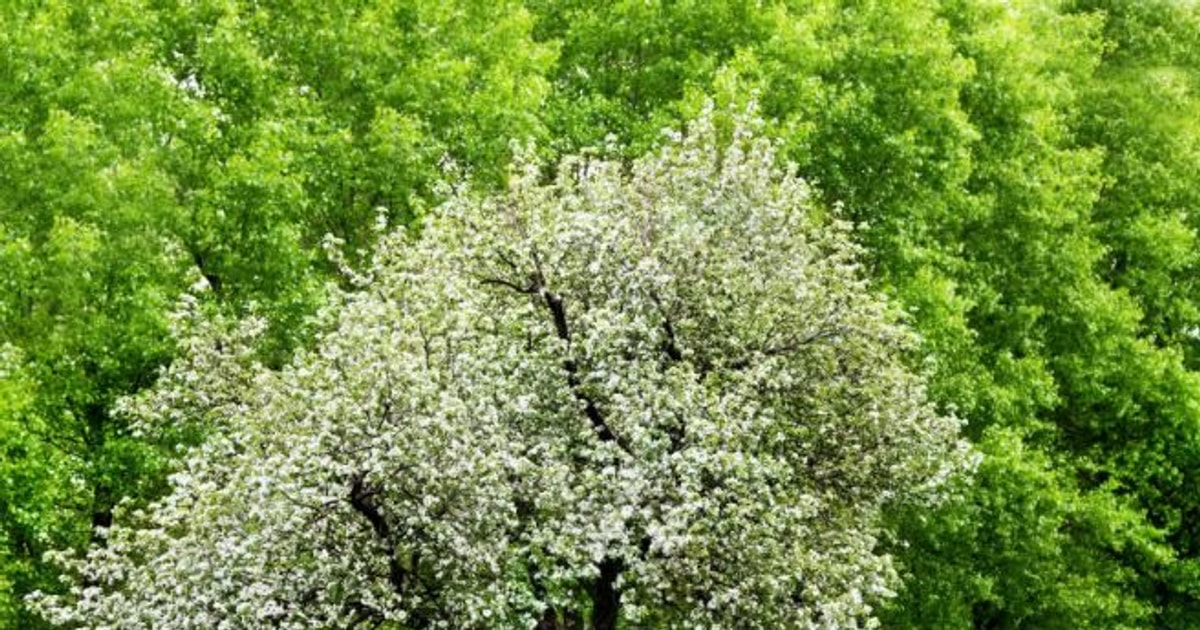
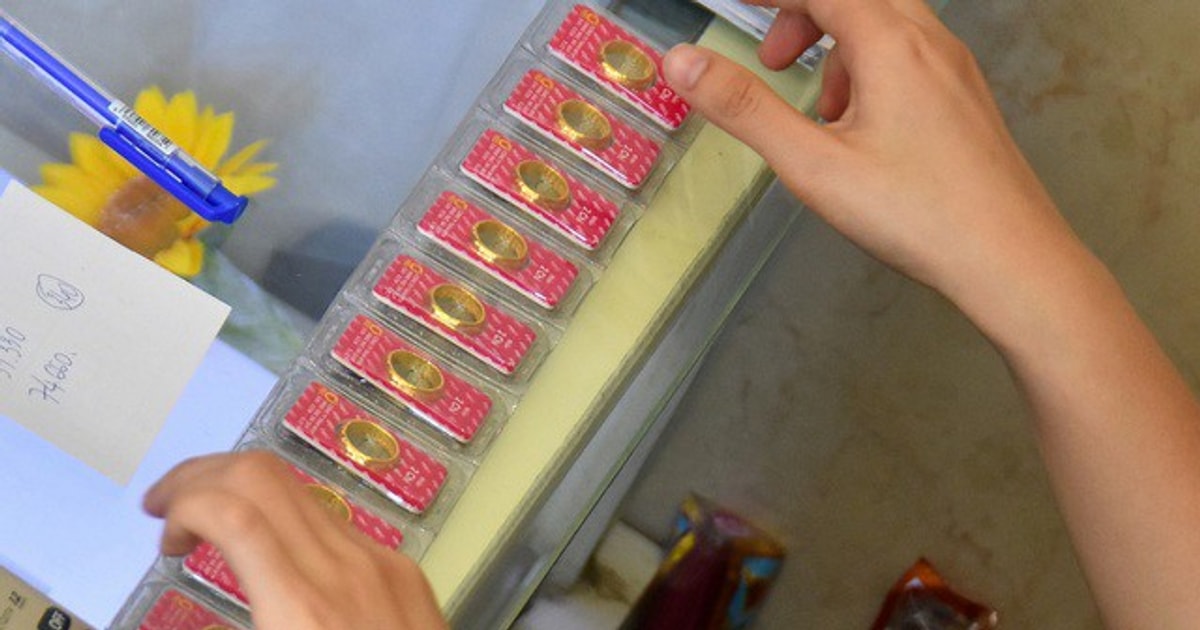





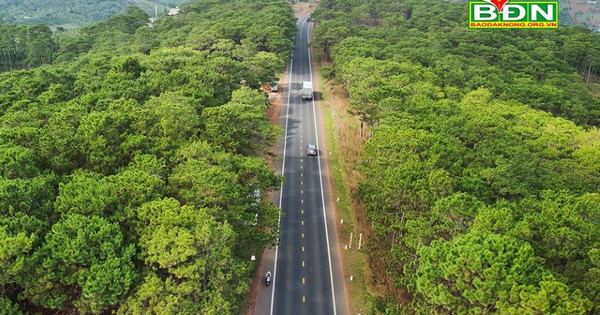

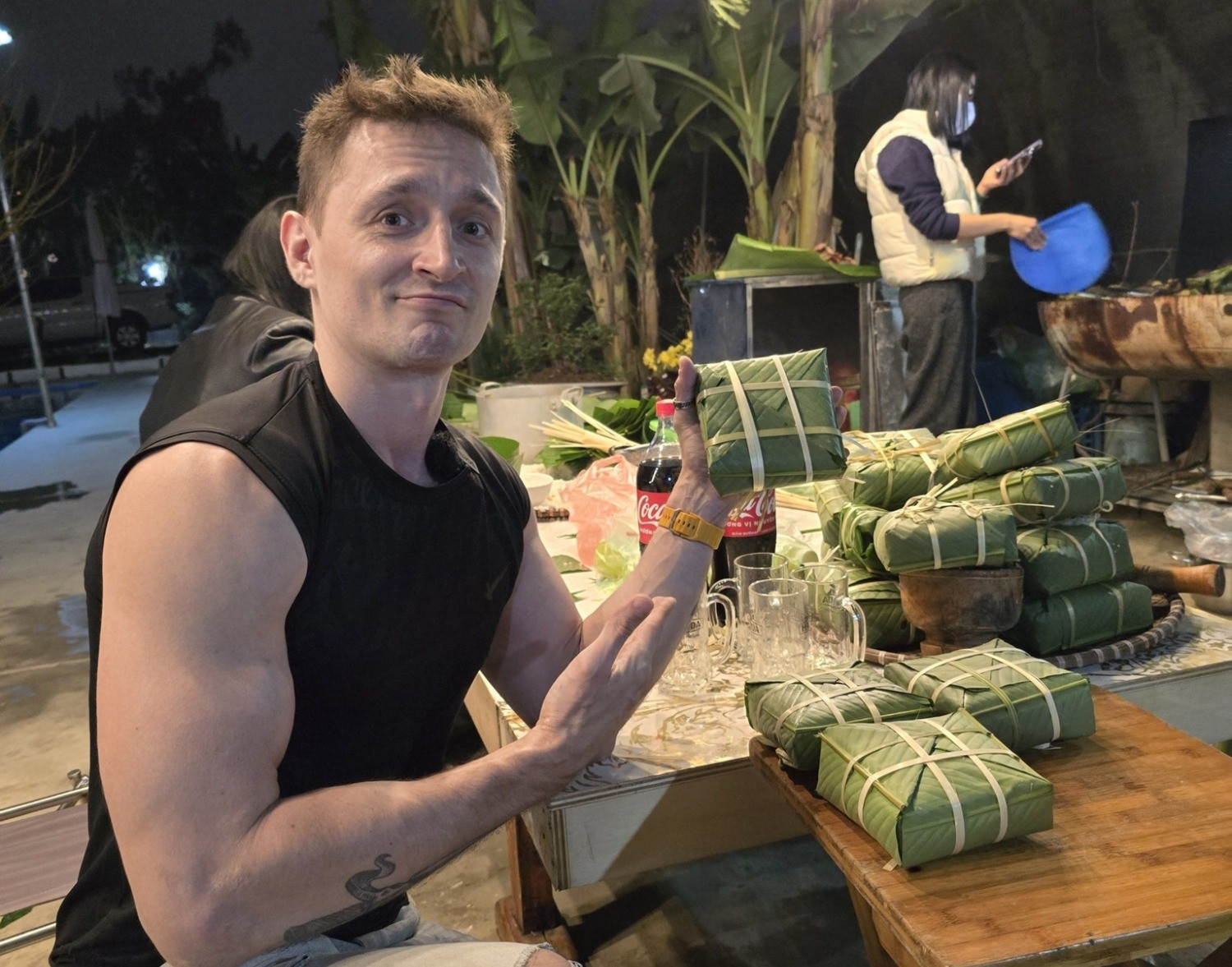



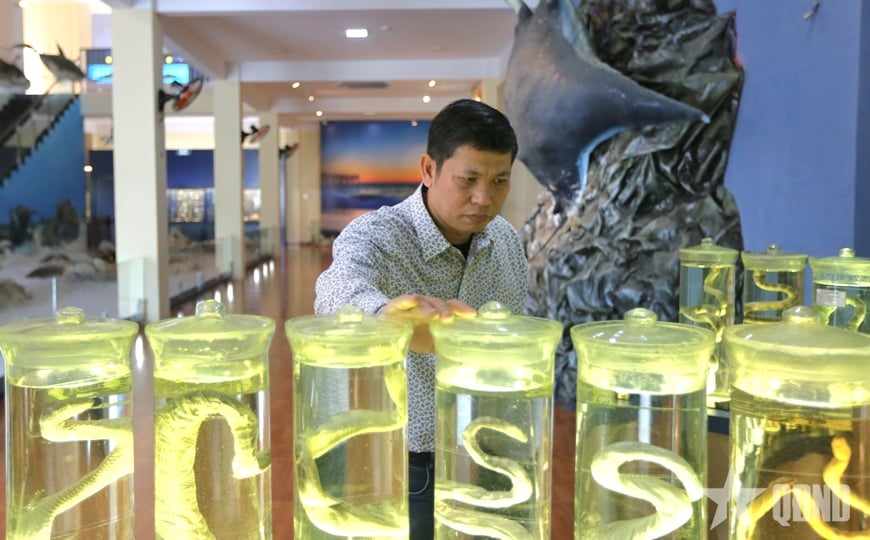



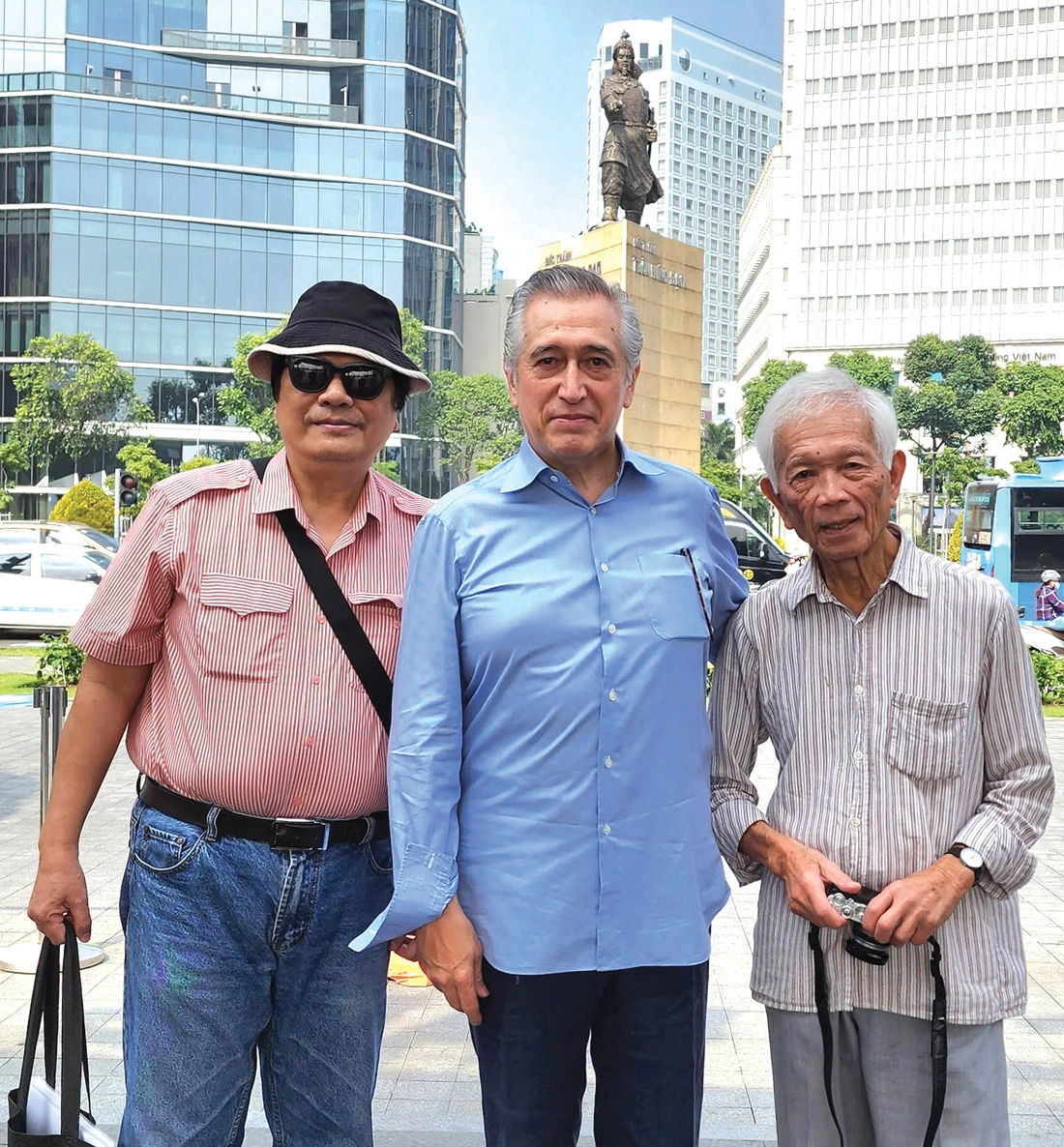





Comment (0)